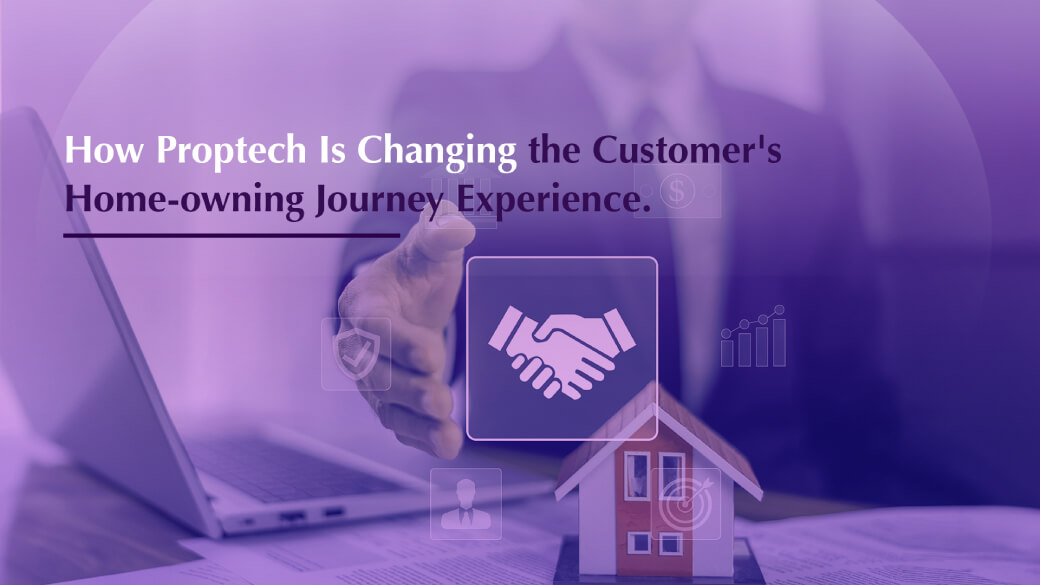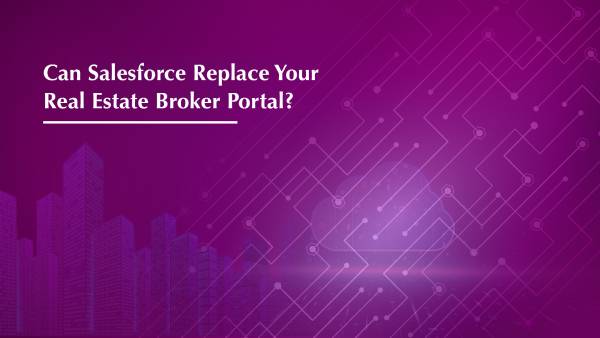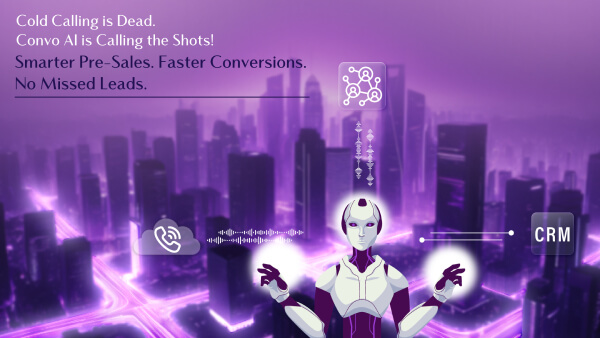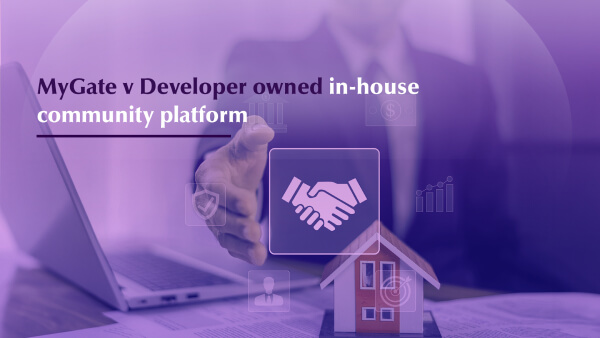
How Proptech Is Changing the Customer's Home-Owning Journey Experience
Technology is changing the real estate world, making homeownership easier, faster, and more customer-friendly. With the rise of prop-tech, or property technology, the way people buy homes has become much more efficient and less time-consuming. Real estate developers need to understand and use prop-tech to meet today's customer expectations and stay competitive.
The Traditional Home-Buying Experience: A Time-Consuming Process
Purchasing a house was an intricate procedure involving manual work as well as paperwork. Usually with little information other than hard copies of physical brochures and floor plans buyers had to tour several sites separately. The booking process involved extensive documentation leading clients to submit hard copies of every required document. It even took physical visits and manual submissions to complete bank-related activities. Even after booking demand letters had to be received from the developers’ office while payments were made by continuous visits there.
This manual approach was not only time-consuming but also frustrating for both customers and developers, leading to delays and inefficiencies.
The Proptech Revolution: Boosting Customer Experience
Prop-tech’s arrival has upended the process of buying homes by introducing a range of digital instruments that economize activities and improve customer experience. Below are five ways prop-tech is changing the way we own a home:
Digital Brochures and Virtual Tours:
A buyer does not have to move from one site to another looking for information anymore. The customers can see projects without leaving their houses through digital brochures and virtual tours. High-quality visuals, 3D floor plans, and immersive virtual tours enable buyers to make informed decisions quickly, saving valuable time and effort.
Seamless Online Booking and Payments:
Customers can book easily with prop-tech as it enables them to complete such transactions digitally. It eliminates visits to physical locations as payment is done via credit cards, UPI, or any other online means. Digital site visit tokens generated in real-time through tablets allow the salesperson to collect data effortlessly hence ensuring the smooth running of the system.
Effortless documentation and KYC verification:
There’s no more need to carry physical documents for every transaction. Prop-tech allows for digital submission and verification of documents, including KYC processes, which are completed quickly and securely online. This reduces the burden on customers and speeds up the entire process.
Updating and tracking the project in real-time:
Customers can now check the status of their bookings and projects in real-time. Proptech forums provide updates on documentation, payment plans, and project highlights. This transparency builds trust and allows customers to stay informed without the need for frequent follow-ups.
Improved customer support and communication:
Proptech equipment increases communication between manufacturers and customers. Automated reporting, chatbots, and AI-powered customer support provide timely assistance and efficiently handle queries. This provides the best possible customer experience and fosters long-term relationships.
In conclusion, prop-tech is not static; That’s the future of real estate. By embracing these technological advances, real estate developers can deliver a better, more convenient home-buying journey that meets the evolving needs of today’s consumers. Transitioning from time-consuming manual processes to digital solutions effectively is a game changer, benefiting both manufacturers and consumers.
In a competitive marketplace, those adaptive prop-techs will thrive, while those who stick to outdated methods risk being left behind. By harnessing the power of prop-tech, manufacturers can not only increase customer satisfaction but also drive growth and success in the dynamic real estate industry. The future of home ownership is here, and it’s digital.

























































